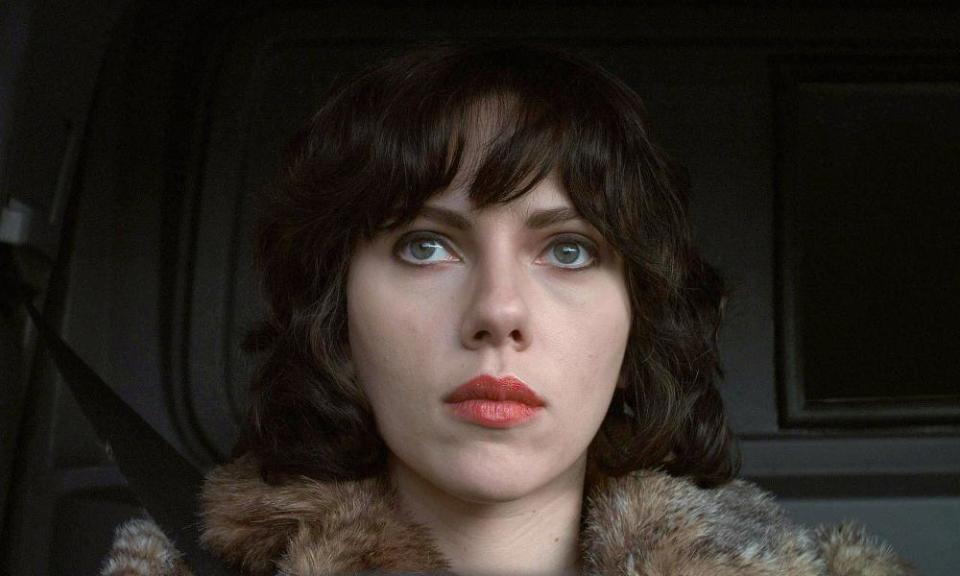Michel Faber: 'Under the Skin changed my life for good'

In 1993, I emigrated from a big, thriving, multicultural city in Australia to a failing farm in the tranquil isolation of the Scottish Highlands. The culture shock made me feel as if I’d landed on another planet. Many aspects of British society struck me as unnecessarily depressing – but then I was depressed anyway. My natural alienation worsened and I became very unwell. I had a job in a care home but it was a 15 mile bicycle ride from the farm, and in harsh weather I would chicken out and catch taxis to and from work, which ate up my meagre wages. Eventually my wife suggested I concentrate on my writing instead.
I’d been toying with the idea of a novel about a childless couple who abduct a baby monkey, shave its fur off, pay for it to be surgically modified to resemble a human, and then introduce it into society as their child. I wanted it to be a thought-provoking tale about difference and the extent to which our culture is willing to accommodate or even tolerate it. But the more I mulled on it, the clearer it became that the novel would be a satire. I didn’t want to write a satire. I wanted to write a book that knocked people sideways, haunted them for ever.
My highland habitat was miraculously beautiful. I would walk along the prehistoric seashore among sheep and cows, awed by the strange beauty of the natural world, yet still perversely capable of feeling anxious and grieved. Slowly, another surgically altered creature came to me – Isserley, horribly mutilated in order to “pass as human” on a planet where she’s employed to do the worst job imaginable. Her story would ask troubling questions about how we treat those we label as Other. It would, implicitly, be about war and racism. It would look at the horror of factory farming. It would look at the vulnerability of the lost and unloved people pushed to the peripheries of our herd, where predators can pick them off without anyone noticing or caring.

I’d written quite a few books before, and put them away in a drawer. One of them, The Crimson Petal and the White, would eventually allow me to pay off the mortgage and enjoy the renown that very few authors of serious literature are ever granted. But Under the Skin was my first published novel and it changed my life for good. I no longer saw myself as a burden on my family, but as someone who brought interesting opportunities into our lives.
At literary festivals over the years, quite a few fans of Under the Skin have thanked me for turning them into vegetarians. I don’t know what to say to them. I’m not a vegetarian. For me, Under the Skin is not about the evils of eating meat but about the evils of evading moral responsibility for the decisions we make. The novel is strong enough, however, to adapt to the needs of each reader. It takes people to a place where they can work important stuff out for themselves. This has continued to be my aim for all my books.
Under the Skin was not a bestseller. It got encouraging reviews, did modest business in the UK and sold poorly in the US. But it has stuck in people’s minds and continued to find new readers. Isserley is still driving around in her clapped-out Toyota, searching for fresh prey.
• D (A Tale of Two Worlds) by Michel Faber is published by Doubleday.

 Yahoo Finance
Yahoo Finance 